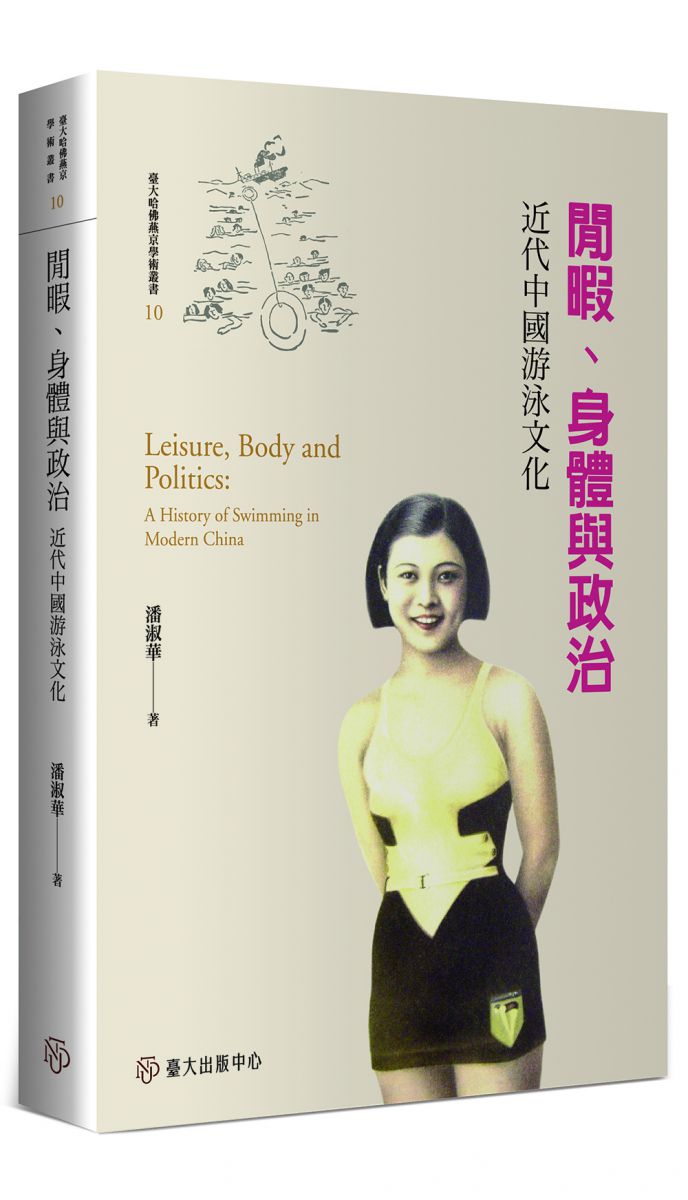《閒暇、身體與政治──近代中國游泳文化》探討西方游泳文化在中國的形成與發展2021-08-20
 《閒暇、身體與政治──近代中國游泳文化》
《閒暇、身體與政治──近代中國游泳文化》
潘淑華 著
本書以閒暇與政治的關係為主軸,探討西方游泳文化在中國的形成與發展。游泳文化在中國的傳播,展示了西方文化從沿海地區向政治中心地區擴散的在地化過程。民國時期的游泳場,是現代男女體驗及展示「摩登」生活的新式都市公共空間。與此同時,國家權力試圖伸展至游泳場,期望以國家理念形塑或規範民眾的閒暇空間及身體場域。游泳及海浴文化,亦改造了海濱空間的景觀及民眾對海濱的觀念。1949年以後,閒暇與國家政治進一步結合,「群眾游泳」成為民眾體現毛澤東崇拜的政治活動。諷刺的是,不少民眾企圖以游泳偷渡出境。游泳遂成為了含混的符號,同時代表民眾對毛澤東的忠誠與背棄。
This book examines the relationship between leisure and politics by analyzing the formation and development of the swimming culture in modern China. The popularization of swimming in China demonstrates the localization process of a Western leisure activity spreading from the coastal regions to the central political area. Swimming represented a significant driving force of social and political change in modern China, and the swimming pool in Republican China was a new urban public space for young men and women to experience and showcase the modern lifestyle. At the same time, political authorities extended their power into the swimming pool, attempting to regulate the leisure space and the bodies of common people according to the ideology of the state. Swimming and sea bathing also transformed the physical landscape and the popular concept of the seaside. Leisure and national politics became further intertwined after the communist regime was founded in 1949. Mass swimming became a political activity through which the masses practiced and performed Maoism. Ironically, many people tried to flee from China by means of swimming, thereby turning swimming into an ambiguous political symbol that represented both common people’s loyalty to and repudiation of Mao Zedong.